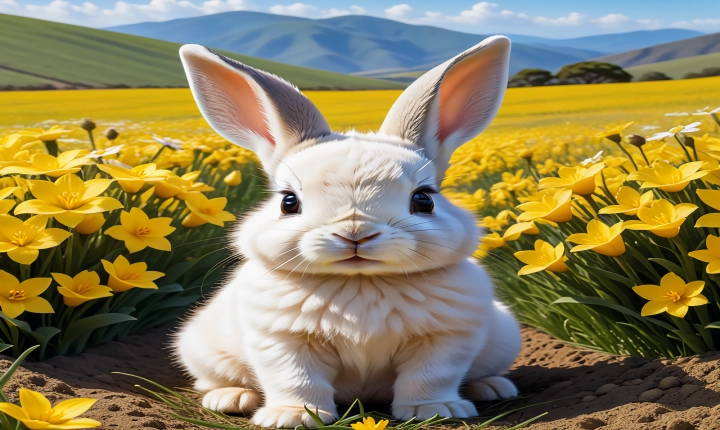Title: How to Use AI Rappers: Exploring the Future of Music Creation
Artificial intelligence has revolutionized various industries, including music creation. With the rise of AI-generated content, we have witnessed the emergence of AI rappers who are capable of producing lyrics, rhythms, and even performing songs. Utilizing AI rappers can open up new possibilities for musicians, producers, and music enthusiasts. In this article, we explore the burgeoning field of AI rappers and provide insights on how to effectively use them in music production.
1. Generating Lyrically Coherent Content
One of the primary applications of AI rappers is in generating lyrically coherent content. AI algorithms can analyze vast amounts of existing rap lyrics to learn about rhyme schemes, wordplay, and storytelling techniques. Musicians and lyricists can leverage AI rappers to quickly generate lyrical ideas, explore new themes, and experiment with different writing styles. By inputting prompts or themes, AI rappers can produce original verses and hooks, saving time and providing inspiration for songwriting.
2. Creating Unique Rhymes and Flows
AI rappers can also assist in the creation of unique rhymes and flows. By analyzing patterns in rap lyrics and understanding the nuances of rhythm and cadence, AI algorithms can suggest new rhyme schemes, internal rhymes, and multisyllabic rhymes. This can be particularly useful for artists seeking to diversify their lyrical delivery and explore unconventional rhythmic patterns. Additionally, AI rappers can help refine existing flows by offering suggestions for variations and enhancements.
3. Collaborating with AI Rappers
Collaborating with AI rappers can introduce a dynamic element to music production. Musicians can input raw audio recordings or existing beats into AI platforms, allowing the algorithms to create complementary rap verses or vocal melodies. This approach enables artists to experiment with novel combinations of human and AI-generated content, leading to innovative and unexpected outcomes. By embracing AI as a creative collaborator, musicians can expand their artistic horizons and push the boundaries of traditional songwriting and production.
4. Experimenting with Songwriting and Composing
AI rappers can serve as valuable tools for experimentation and exploration in the songwriting and composing process. By incorporating AI-generated content, musicians can break free from creative blocks, explore new musical directions, and refine their artistic vision. AI algorithms can help in crafting conceptually rich songs, developing narrative arcs, and crafting personalized storytelling elements. Additionally, AI-generated music accompaniments can complement the lyrical content, providing a cohesive and immersive listening experience.
5. Enhancing Live Performances and Engaging Audiences
AI rappers can play a role in enhancing live performances and engaging audiences in unique ways. With AI-generated vocal synthesis, artists can create virtual personas or personas that seamlessly integrate with live performances. This creates the potential for interactive and immersive concert experiences that blur the line between AI and human artistry. Moreover, AI-generated content can be utilized to produce real-time responses to audience input, enabling dynamic and adaptive performances that resonate with diverse audiences.
In conclusion, the use of AI rappers in music production presents an array of opportunities for musicians, producers, and music enthusiasts. By leveraging AI-generated content, artists can access new sources of inspiration, explore innovative writing and production techniques, and push creative boundaries. While AI rappers do not replicate or replace human creativity, they can add a novel dimension to the music-making process, fostering collaboration, experimentation, and artistic growth.
